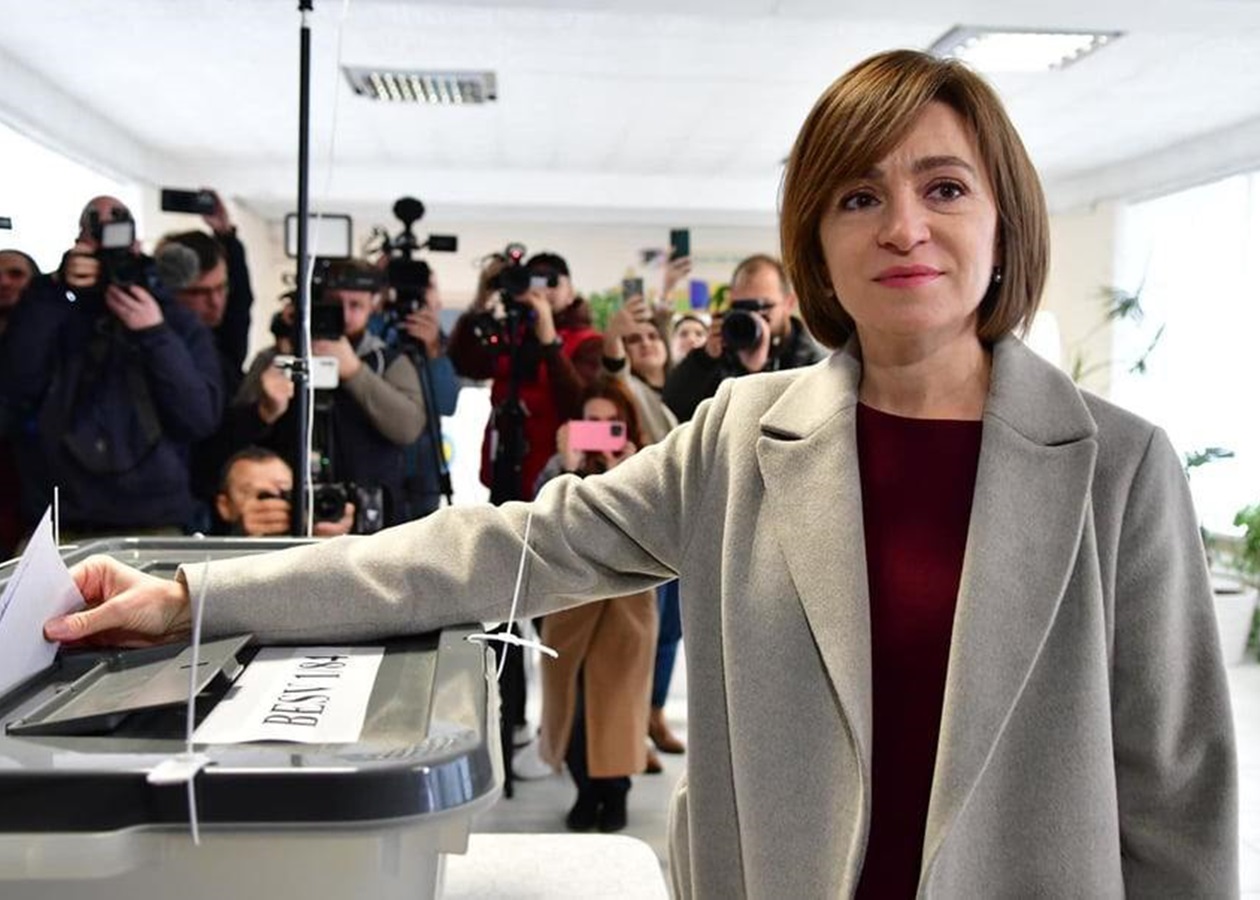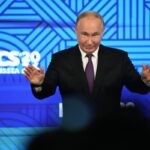In Moldova, the first round of presidential elections has ended, marking an important stage in the country’s political development. Incumbent president Maia Sandu, considered pro-European, received 42% of the votes, while her main opponent, Igor Dodon, who champions pro-Russian views, garnered 26%. However, the situation remains tense as most of the candidates who placed lower are against Sandu, and their voters are likely to support her opponent in the second round.
Possible Scenarios for the Second Round
Although the results of the first round favored Sandu, the chances of her opponent Dodon in the second round should not be underestimated. The votes of the candidates who placed third and lower can change the situation. However, as often happens, almost everyone who did not support the first round winner will continue to vote against her. And this will lead to a clear defeat.
Nevertheless, pro-European analysts note that in the second round, the chances between the pro-European and pro-Russian candidates could become roughly equal. This indicates a serious confrontation between the two courses – European integration and pro-Russian orientation.
Referendum on Eurointegration
On the day of the presidential elections in Moldova, a referendum was also held on embedding the course towards European integration in the country’s constitution. Although supporters of this course formally achieved victory, the difference in votes was minimal – around a thousand votes, mostly thanks to the diaspora. This indicates that Moldovan society remains deeply divided regarding the country’s future.
Accusations of Bribery and Falsifications
The results of the elections and the referendum have triggered mixed reactions. The authorities of Moldova and some Ukrainian experts accused pro-Russian forces of bribing voters, which could have influenced the voting results. At the same time, since the administrative resource is in the hands of the ruling power, such accusations against the opposition may seem somewhat strange.
Division in Moldovan Society
The main problem lies in the deep division of Moldovan society. Many people, especially in Transnistria, Gagauzia, and ethnic Bessarabia, perceive European integration as Moldova being absorbed by Romania – one of the poorest countries in the EU. This perspective causes concern, as part of the population fears the loss of sovereignty.
Socio-Economic Challenges
The economic policy of official Chisinau also raises many questions. The liberalization of the economy following IMF templates, which is characteristic of third world countries, is not always positively perceived by the population. The increase in gas prices and other utilities primarily affects the poorest segments of the population. This is often associated with the country’s European choice, which leads to additional criticism.
Second Episode: Future Elections in Georgia
Against the backdrop of events in Moldova, attention should be paid to the upcoming parliamentary elections in Georgia. These elections could also serve as a sort of “bellwether” indicating new political challenges for Eastern European countries. Template assessments of such events could lead to negative consequences, so it is important to carefully monitor the situation.
Moldova, like many other countries in the region, is faced with a choice between a European future and the influence of Russia.


